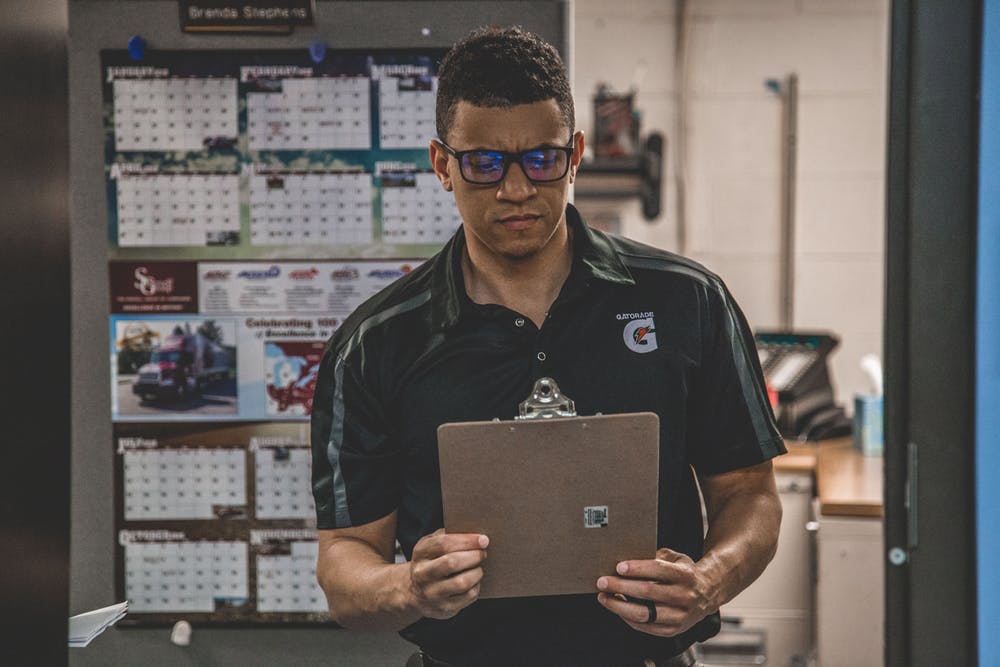Whilst some brands have outsourced through reverse logistics services for many years without an issue, there are other suppliers, manufacturers and retailers who fail to see the value of using specialist distributors to look after this department.
In some regards it is an understandable view, handing over the control of managing returns when goods are sent back from the consumer to the business.
When repairs, maintenance and replacements have to be issued, this costs the company time, resources and money it doesn’t want to spend.
So why outsource through a professional operator rather than looking after this domain internally?
Let us look at the value addition of going down this route, giving some context to their role.
Simplifying Inventory Management
When staff members are only concerned about the outgoings of stock without being burdened by returned goods thanks to outsourced reverse logistics services, the area of inventory management is simplified. Warehouses can be crowded environments at the best of times and finding space for repairs and warranty replacements can create an erratic and chaotic scene without the labour or intellectual property to handle these tasks correctly. This policy works to keep a balance by minimising their inclusion and dealing with it offsite by the third party.
Work Shopping a Sustainable Plan
The benefit of outsourcing through reverse logistics services is that these providers can essentially operate as a case study if the business is looking to eventually take on an internal department overhaul. As they diligently track returned orders and drive efficiency through these programs, a plan can be put in place that gives a greater degree of sustainability for the client. This can be time to ask the key questions:
- Are we using the right couriers?
- Are we situated in the right markets?
- Are our current suppliers reliable?
- Do we need to upgrade our facilities?
- Is there software and technology that we could invest in?
 Checking Warranty Status and Tracking Returns
Checking Warranty Status and Tracking Returns
The most difficult element that is involved with reverse logistics services is tracking returns in real time and cross referencing the warranty status to determine if there are additional fees involved for the customer. If this is a task run internally, it would require a significant investment in the software and programming for the business. Instead these parties have that technology on hand to gauge where returns are situated and whether or not the warranty terms are valid.
Flexible Terms
Arguably the greatest benefit that businesses can enjoy when outsourcing through reverse logistics services is working on the terms of the client. Costs can be saved if the program is deemed suitable for a short-term project only, or a rolling contract can be engaged to keep the partnership operating into the coming months and years. There is no need to be locked into a long-term agreement because each and every brand has their own budget to think about. That is the very definition of a flexible exercise.
Improving The Brand Image
Word quickly spreads around consumers when a business fails to live up to the standards of peers in the industry. Individuals understand there are risks involved when shipping goods interstate or overseas, but they cannot accept when the enterprise isn’t capable of issuing replacements for faulty goods. Reverse logistics services allow companies to improve their image by upholding these standards and giving a focus to a department that many others neglect. Customer satisfaction can quickly dissipate if there is no control held over this process, so the members of upper management are best served to bring aboard a professional institution to carry this burden on their behalf.
…

